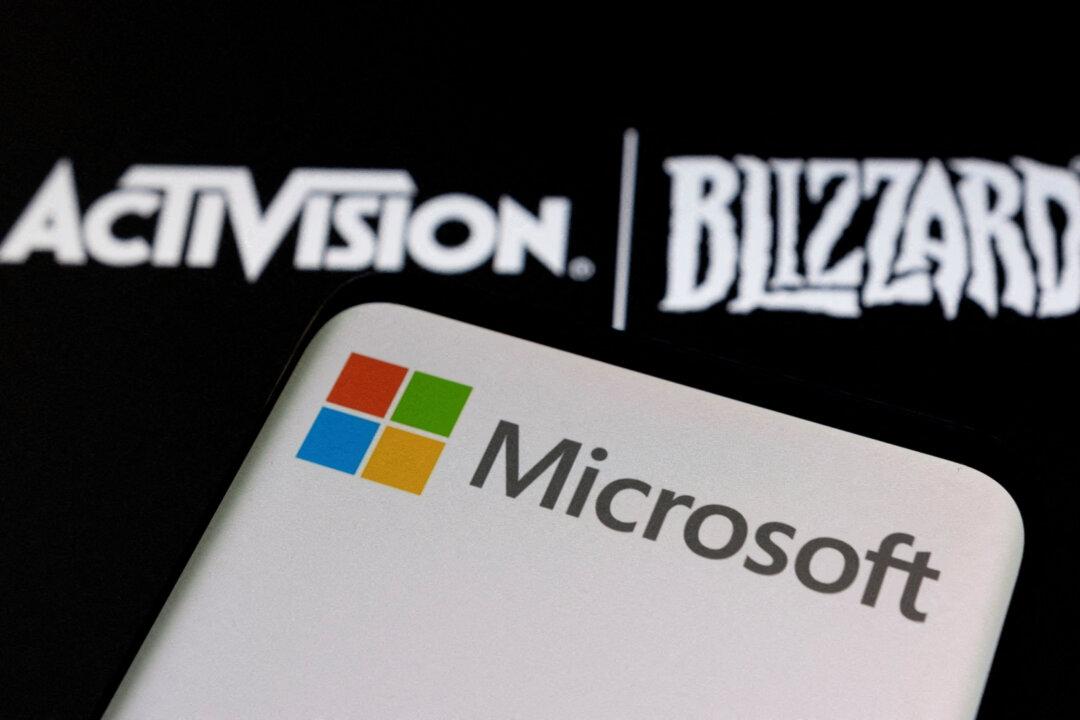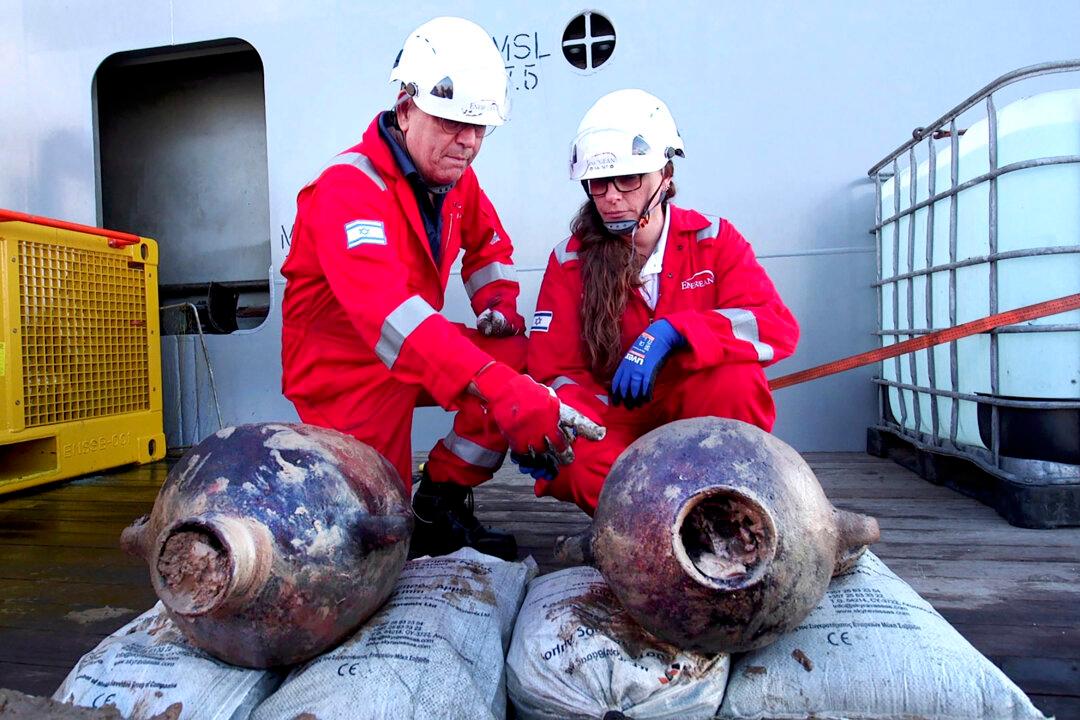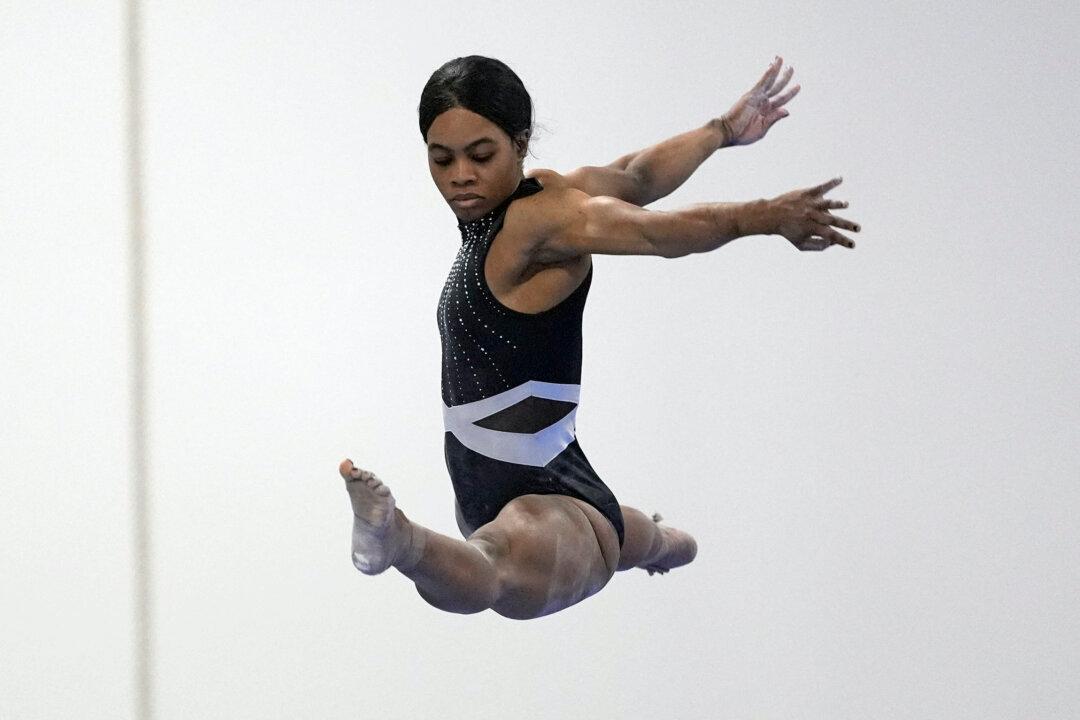The Federal Trade Commission (FTC) is continuing to oppose the Microsoft-Activision merger with a last-minute appeal against a judge’s ruling, while the big tech companies were voicing their eagerness for the merger they say will not harm competition.
The FTC on Thursday night asked (pdf) the San Francisco-based 9th U.S. Circuit Court of Appeals, which hears cases from California and other states in the U.S. West, to issue a preliminary injunction that pauses the deal while the agency prepares to challenge it at a trial in August.





